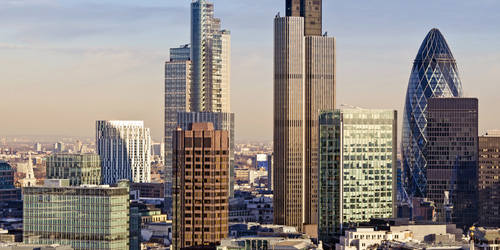
 LEGAL ISSUES SIMPLIFIED
LEGAL ISSUES SIMPLIFIED
By Bruce Hayter. Managing Partner, Rix & Kay
Setting up a business
It can be easy to get swept away in the thought of setting up a new business without properly addressing all the issues that come with embarking on a new venture. The process can be a daunting prospect where suddenly you are faced with multiple legal hurdles and uncertainty as to how to overcome them. The points set out below are issues to consider to help make the journey a smooth and painless experience, ensuring you are on the right road to forming a successful business.
What type of Business?
The type of business structure you choose will be paramount in guaranteeing that the business’ objectives and goals are met, and the first important decision that will have to be made. Most businesses are incorporated as limited companies or limited liability partnerships and are best suited to structure businesses involving a lot of individuals, where liability can usually be capped to the amount a person has invested in the business. This allows greater security over each individual’s personal assets, than say a sole trader or partnership between two people where the risk to personal assets can be greater.
Contractual Relationships
Whichever business structure you opt for, it is essential that all the agreed terms and relationships between the parties are recorded in writing. Depending on the set up of the business, there are a number of arrangements to accommodate all types; shareholder agreements, partnership agreements and LLP agreements. Each agreement is designed to document key issues such as:
- Decisions affecting the business and how control of the business is managed
- Changes in shareholdings – permitting and restricting transfers of shares and options to buy-back
- Resignation and appointment of directors/members and restrictive covenants post-termination
- Division of profits and dividends Complying with the Law.
Some businesses will need a permit or license to trade, particularly where there is a risk to the health and safety of the general public. Industries employing hazardous substances or providing catering and hospitality services to people will have more stringent guidelines and regulations to abide by. Permits and licenses are needed to ensure dangerous materials are handled correctly and pubs/restaurants have satisfied the necessary criteria to serve food and alcohol, as well as being covered for late opening hours and being authorised to provide entertainment on site.





